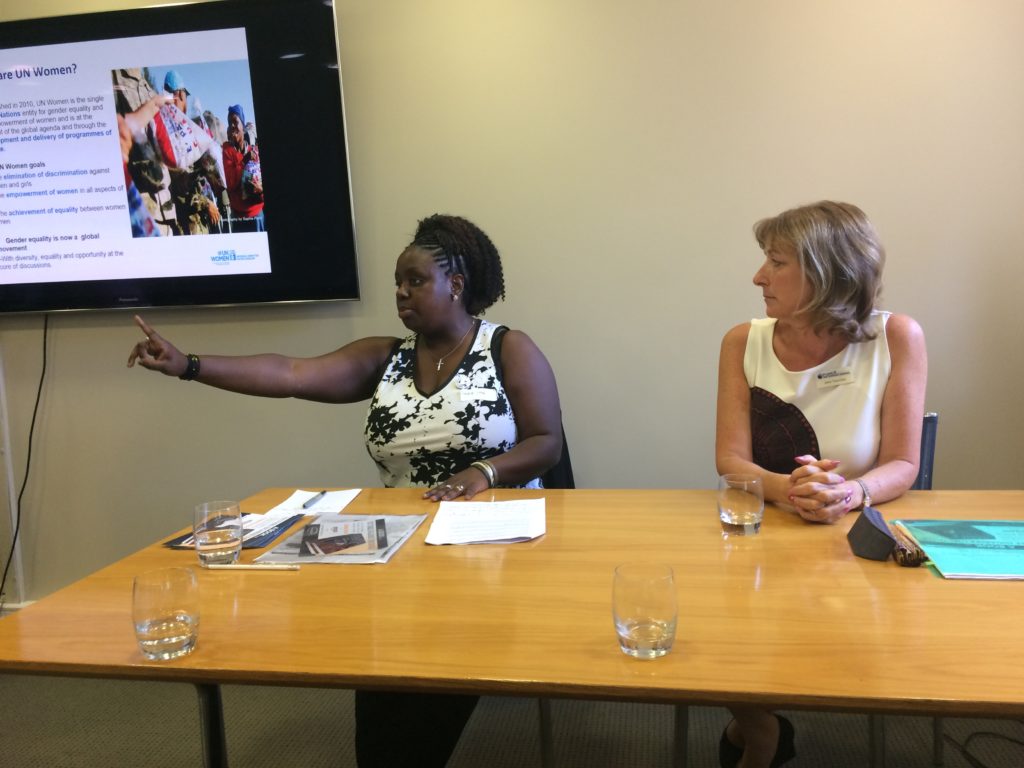Negotiating & Influencing – This is a skill leaders can benefit from immensely, particularly when progressing through a change management process. An introduction to techniques that can be used to gain positive outcomes.
Effective Communication – Communicating effectively is vital so leaders can ‘sell’ their vision, goals and values. It is vital not only to ensure messages are understood but also to enable active listening to those around them, particularly their followers.
Mentoring & Coaching – An introduction to the power and value of role models, mentors and coaches and the difference between them. The relationship between mentor/coach and mentee/coachee is examined and discussed.
Feedback – The importance of both giving and receiving honest, evidence based feedback, in both formal and informal settings is explained.
Time Management – Learning how to prioritise and delegate appropriately to ensure their time is used efficiently and effectively is a key skill for leaders.
Strategic Planning & Policy –The importance of applying a strategic perspective considering external expectations and influences, particularly those of stakeholders. An introduction to strategy and policy development within an organisational context.
Media Training – An introduction to the importance of meaningful engagement with various forms of media, how it can bring positive benefits and support the building of trust and confidence of the police within local communities. Techniques to maximise the benefits as well as learn the pitfalls to avoid are explored.



